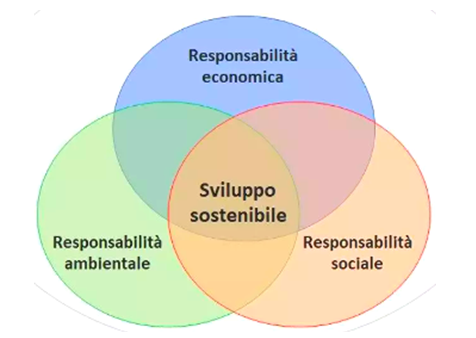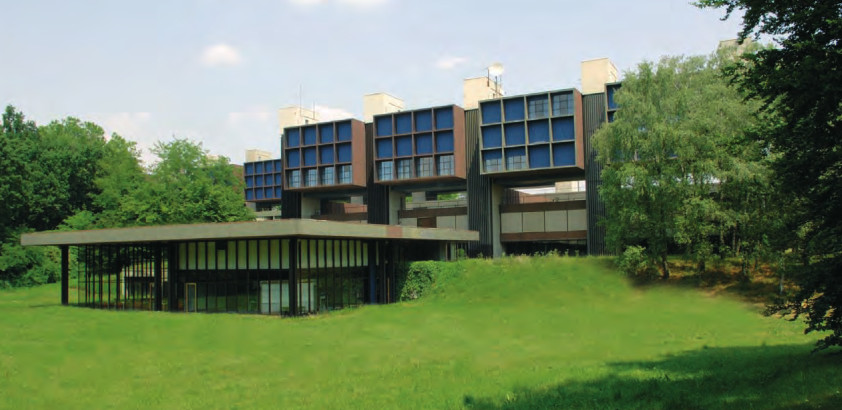SUSTAINABLE E-CAMPUS
The concept of sustainability has only recently become part of our common vocabulary. As a matter of fact, the very notion of sustainability is subject to various interpretations. Everyone talks about sustainable development. But what does sustainability mean?
The term sustainability was first used in 1992, during the first UN Conference on the Environment and was defined as follows:
"Sustainable development is development that meets the needs of the present, without compromising the ability of future generations to meet their own needs."

This definition of sustainable development, focused on the principles of inter- and intra-generational equity, is now a major global goal thanks to the 2030 Agenda.
TheAgenda for Sustainable Development is the Programme of Action for People, Planet and Prosperity signed on 25 September 2015 by the UN General Assembly, namely the governments of the 193 member countries. Its pulsating heart are 17 Sustainable Development Goals (SDGs), encompassed in a great programme of action that identifies as many as 169 targets or goals.

The 17 Sustainable Development Goals that make up the 2030 Agenda give the concept of sustainability a more global meaning, taking into account not only the environmental aspect, but also the economic and social dimensions. Thus, there has been a shift from a vision centred almost exclusively on ecological aspects to a broader meaning.
The three aspects are, however, to be considered in a synergetic and systemic relationship: combined to each other to varying degrees, they contributed to a definition of progress and prosperity that has gone beyond the traditional GDP-based measures of wealth and economic growth.
Therefore, according to this new definition, the main purpose of sustainable development is to maintain a constant balance among environment, economy and society, in order to meet the common needs and provide better living conditions..
Everyone can play their part in this design, especially those who have always been involved in the field of education.


eCampus University is a member of RUS - Rete delle Università per lo Sviluppo sostenibile (https://reterus.it/), the network for coordinating and sharing issues of environmental sustainability and social responsibility among all Italian universities.
The Network, founded on the diffusion of culture and good sustainability practices, both inside and outside the premises of the University, aims to encourage the increase of positive environmental, ethical, social and economic impacts of the actions implemented by the members of the Network, in sight of the achievement of the SDGs.






